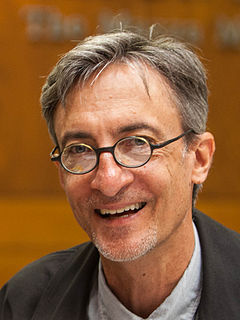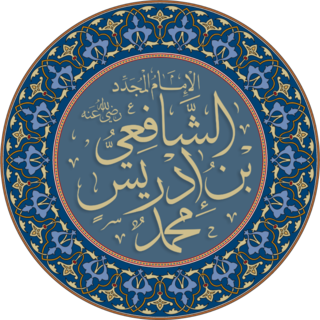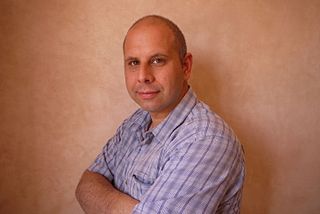A Quote by James Lovelock
Imagine a survivor of a failed civilization with only a tattered book on aromatherapy for guidance in arresting a cholera epidemic. Yet, such a book would more likely be found amid the debris than a comprehensible medical text.
Related Quotes
If we might reverently imagine ourselves scheming beforehand what kind of book the Book of God ought to be, how different would it be from the actual Bible! There would be as many Bibles as there are souls, and they would differ as widely. But in one thing, amid all their differences, they would probably agree: they would lack the variety, both in form and substance, of the Holy Book which the Church of God places in the hands of her children.
There's a book that I read, really a great book - it's called 'Lone Survivor' and I think they're trying to make it into a movie. I would love to play Marcus Luttrell, who was the author and the 'lone survivor.' He's a national hero; he's very courageous and heroic in insurmountable danger, so it's something I'd love to explore.
It's insane to be a writer and not be a reader. When I'm writing I'm more likely to be reading four or five books at once, just in bits and pieces rather than subjecting myself to a really brilliant book and thinking, "Well what's the point of me writing anything?" I'm more likely to read a book through when I take a break from writing.
For every Book of Job, there's a Book of Leviticus, featuring some of the most boring prose ever written. But if you were stranded on a desert island, what book would better reward long study? And has there ever been a more beautiful distillation of existential philosophy than the Book of Ecclesiastes?
Read Mann's notes, which contain precise accounts of cholera and its symptoms, and observe how careful he is throughout his fiction in getting medical details straight - then you might begin to wonder whether cholera is the only candidate for the cause of Aschenbach's death. What results from this, I think, is a deeper appreciation of Mann's brilliance in keeping so many possibilities in play. The ambiguity is even more artful than people have realized.
You will want a book which contains not man's thoughts, but God's - not a book that may amuse you, but a book that can save you - not even a book that can instruct you, but a book on which you can venture an eternity - not only a book which can give relief to your spirit, but redemption to your soul - a book which contains salvation, and conveys it to you, one which shall at once be the Saviour's book and the sinner's.
The good news (for writers) is that this means that ebooks on computers are more likely to be an enticement to buy the printed book (which is, after all, cheap, easily had, and easy to use) than a substitute for it. You can probably read just enough of the book off the screen to realize you want to be reading it on paper.
Once in a very long time you come across a book that is far, far more than the ink, the glue and the paper, a book that seeps into your blood. With such a book the impact isn't necessarily obvious at first...but the more you read it and re-read it, and live with it, and travel with it, the more it speaks to you, and the more you realize that you cannot live without that book. It's then that the wisdom hidden inside, the seed, is passed on.





































